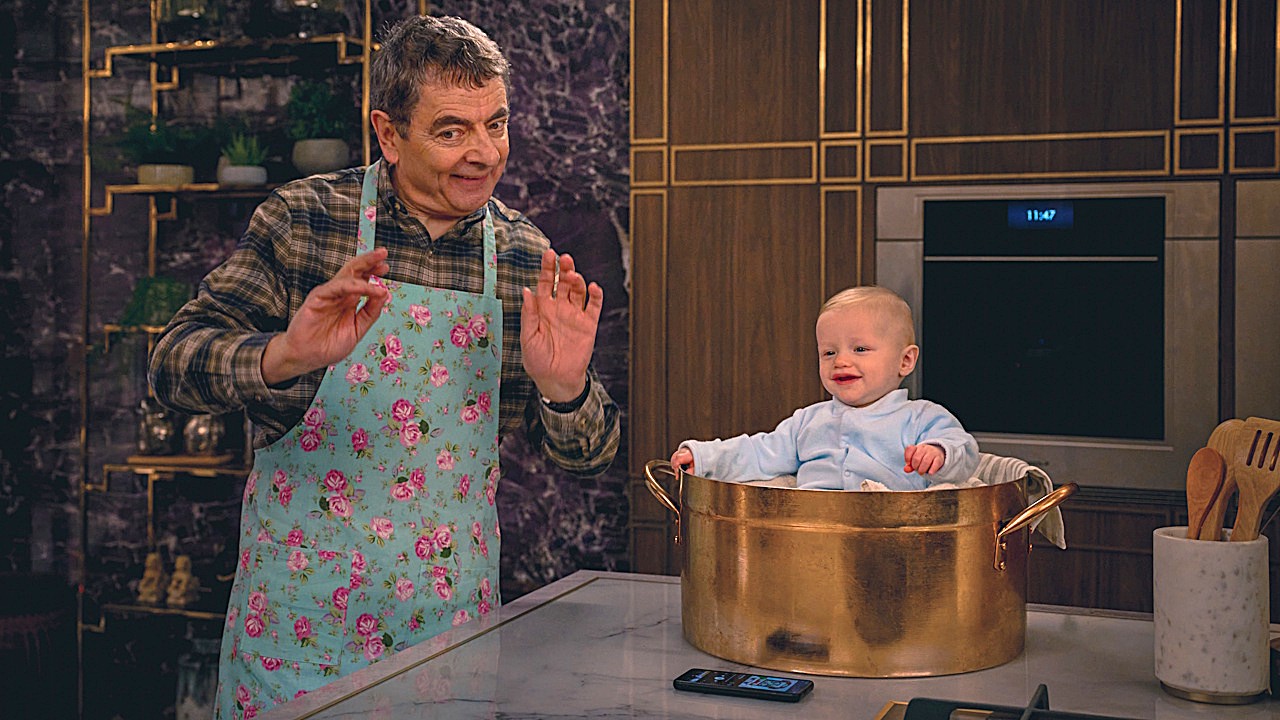7 Big Differences Between The Perks Of Being A Wallflower Movie And Book

Stephen Chbosky’s The Perks of Being a Wallflower is a short, tidy novel, told in a one-sided epistolary format, with our protagonist Charlie narrating the story through letters to an unnamed friend. In the film adaptation Charlie’s tale is opened up to his viewers, showing him from more of an outside perspective while still maintaining the integrity of the letter-writing format. This means a lot of the introductory stuff needs to be tweaked a little bit, but most of the major stuff that stays hits all of the right notes.
A lot of the credit for the tight transformation goes to Chbosky himself, who wrote the screenplay for the film and also directed it onscreen. Much of the time, novelists don’t get a say in an adaptation at all, which is why The Perks of Being a Wallflower is so special. Charlie, Patrick and Sam are Chbosky’s darlings, and instead of handing them off to someone else, he makes them shine more brightly on the big screen.
Most of the differences between The Perks of Being a Wallflower’s book and movie are successful, but this is because most of the changes are minor and never work to change the plot’s overall direction. Following are the seven biggest changes I noticed in my screening of The Perks of Being a Wallflower. Feel free to remark on any changes you feel may have been more noticeable.
There are many spoilers in The Perks of Being a Wallflower book to movie comparison. Do not delve in if you want the film to be a surprise.
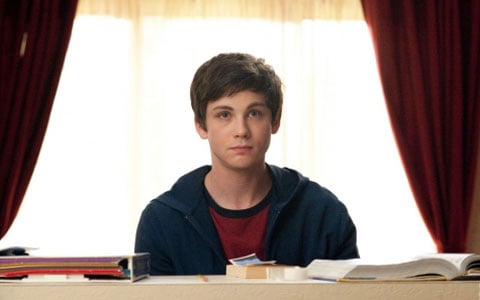
Charlie’s a little funnier, a little bolder, and wallows a little less. Because we are not stuck in Charlie’s head through the entire film, we get to see the charming way he extrapolates conversations out with his friends. He occasionally alludes to all the weirdo things going through his head, but because this isn’t the only side of Charlie we are able to see, the audience’s mental state is more relaxed, as well.
Charlie’s family is present in the film, but is mostly streamlined out of the plot for the sake of time and narrative flow. This means we see less of his sister’s duress. One of the most harrowing moments in the book occurs when Charlie’s sister is hit by her boyfriend and, subsequently, the power dynamics in their relationship change. The event still goes down in the movie, but it is far less important to what is happening in the plot.
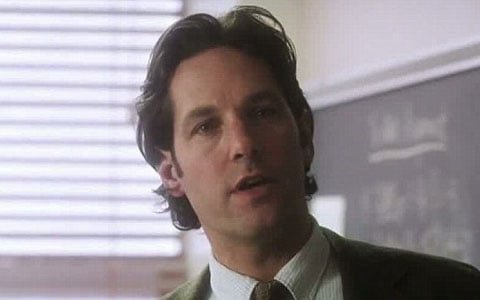
We get to see Charlie’s teacher Bill’s classroom dynamics. Sure, Charlie talks about Bill’s teachings in the book, but in the movie, we get to see Bill as a more multi-faceted person. He still gets to utter the epic “We accept the love we think we deserve" line, but he also gets to ask lame questions about summer reading. He’s still a mentor to Charlie, but he’s also just a guy, trying to ignite some passion in his students.
Your Daily Blend of Entertainment News
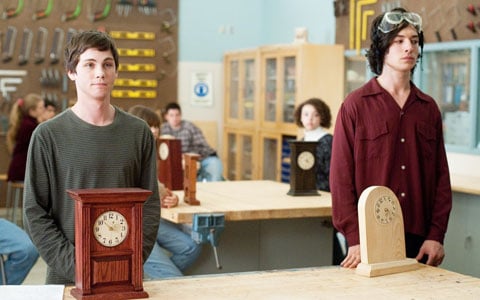
Patrick lights the screen on fire. We know Patrick is overt, a little loud, and has great rapport with Sam in the books. However, Ezra Miller’s Patrick has great comedic timing, and is wickedly funny, especially in a few new details—like the pink shop class instruments—that show up in the film. More than anyone else, Miller brings personality to a character we’ve only ever known through Charlie’s eyes.
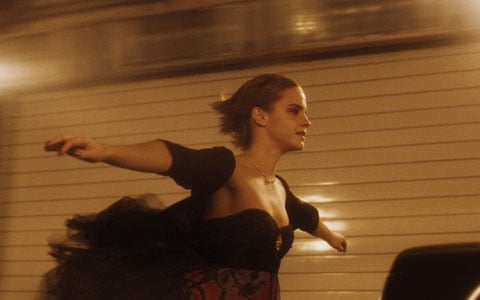
In the tunnel scene, Fleetwood Mac’s “Landslide” is replaced with “Heroes” by David Bowie. This is a small detail, but it leaves a very specific impression. “Landslide” is slow and a little tragic, and Bowie’s song is upbeat and full of fervor. It gives feeling “infinite” a whole new meaning.
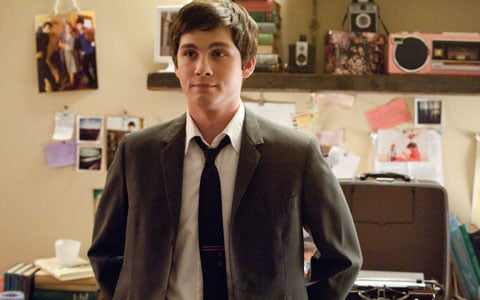
There are more religious overtones than are present in the book. We don’t know as much about Charlie’s immediate family, and we never see his racist grandfather; so to flesh out the setting Charlie grew up in, Chbosky introduces Catholicism. It’s weird, because in the book, Charlie definitely believes in God, but says his parents aren’t religious. Adding religion gives the setting a bit of a different context, but it allows Chbosky an easy way to segue from scene to scene.
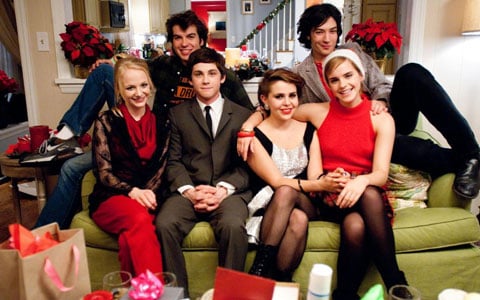
Charlie’s last present to Patrick at Christmas, that suicidal, heart-wrenching poem, is cut out. The poem doesn’t matter so much to the plot. It’s too long to be read in its entirety onscreen, but it’s an important moment for Charlie and his friendship with Sam, Patrick, Mary Elizabeth, Alice, and Bob. The movie isn’t worse without the poem Charlie reads, but audiences may still find themselves missing it.
Overall, by keeping all of the important moments in Charlie’s timeline and showing us more about our favorite side characters onscreen, Stephen Chbosky’s The Perks of Being a Wildflower is a wildly successful film, capturing the ache and grandeur of growing up in the suburbs in the early nineties perfectly. I was happy to see some of my favorite characters fleshed out, but I was sad to see some of the literature and poetry moments missing. Overall, it’s a toss up regarding whether the book or movie is the better endeavor. Despite both having nearly the same plot, there are elements in both versions that make each unique. I’m glad that both the movie and the book exist, and that’s a rare thing.
